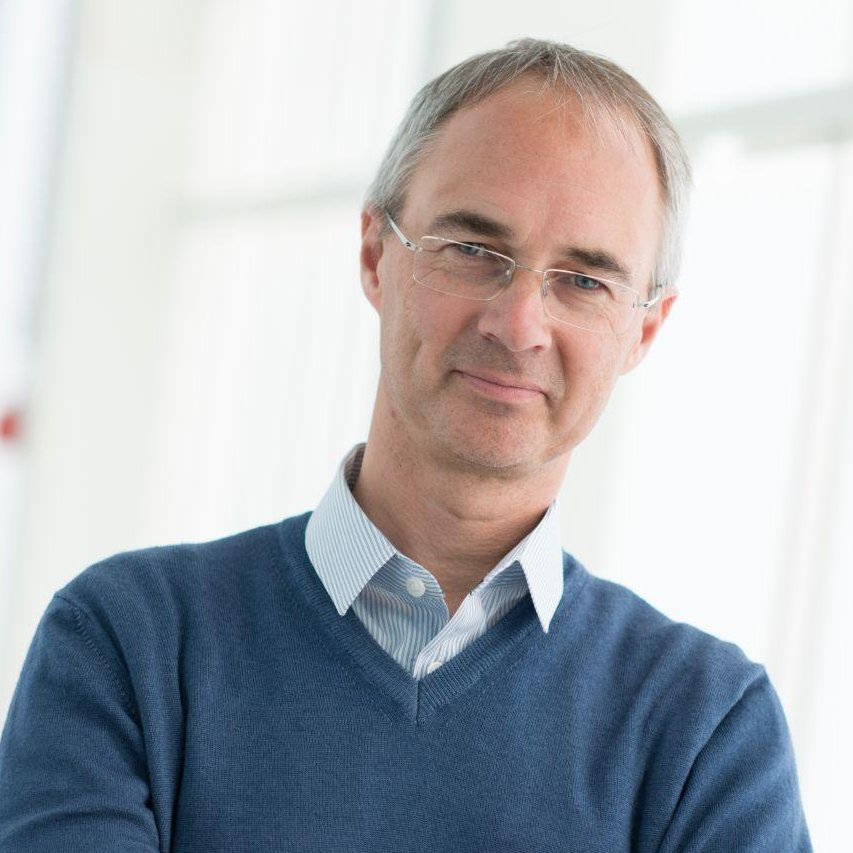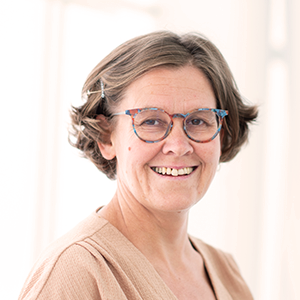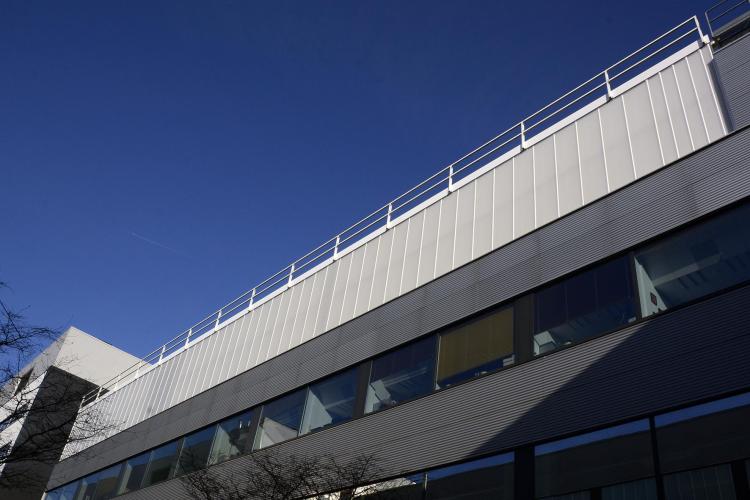The center is built on the foundations of the Laboratory of General Genetics, pioneered by Jeff Schell and Marc Van Montagu. Research in the early days was focused on microbial genetics: the study of restriction and modification in Escherichia coli, and the search for the tumor-inducing principle (TIP) in Agrobacterium tumefaciens. The laboratory achieved its first international breakthrough in the mid 70s with the discovery that the TIP resided on an extrachromosomal element: the Ti plasmid. Subsequently, the close collaboration between the teams of Jeff Schell and Marc Van Montagu created the fertile environment for combining genetic and molecular approaches to unravel the molecular processes involved in the transformation of plant cells by Agrobacterium. These research efforts culminated in the early 80s with the demonstration that the Agrobacterium-mediated transformation process could be developed into a system that allowed genetical engineering of plants. Plant engineering became the driving force for the rapid growth of the laboratory. Under the inspiring guidance of Marc Van Montagu, the research group rapidly gained a worldwide reputation as a center of excellence in the field of plant biology. The research interests of the group continuously expanded, covering many different areas, such as plant-microbe interactions, transgene technology, biotic and abiotic stress, cell division control, hormone signaling, metabolic pathways and tree biotechnology, to name just a few. In 1995, the laboratory was integrated into the newly created Flanders Institute for Biotechnology (VIB) and renamed Department of Plant Genetics. The generous funding provided by the VIB allowed the group to expand. In 1999, Marc Van Montagu retired, and Marc Zabeau was appointed head of the department. This was a time for change and refocus. The newly emerging field of genomics was rapidly becoming tangible in plant sciences with the completion of the sequencing of the Arabidopsis genome. The emphasis on plant engineering had now been replaced by a focus on systems approaches to study the basic biological processes in plants, where plants represent an "interesting and important biological system that contrasts animal life". Hence the change in name: Plant Systems Biology. In 2002, Dirk Inzé became Scientific Director and continued to develop the center as a center of excellence for systems biology of plant growth and development. Under the leadership of Dirk Inzé, the Center for Plant Systems biology (PSB) grew to become a renowned center for plant research, giving home to more than 350 scientists, from all over the world, working on all aspects of plant biology.
Following the retirement of Dirk Inzé in late 2023, Yves Van de Peer took over as Scientific Director and now leads the VIB Center for Plant Systems Biology. Together with Sofie Goormachtig and Hilde Nelissen, both appointed as Adjunct Directors Technology Transfer, he is responsible for steering a plant center that is addressing some of the most pressing issues of our time, namely climate change, the loss of biodiversity, and having to feed a growing population through sustainable agriculture.



As a leading Center in Plant Research, our core mission hinges on three pillars of innovation: combating climate change, fostering sustainable agriculture, and preserving global biodiversity. Our endeavors are anchored in the belief that the solutions to some of the most pressing environmental challenges lie within the realm of plant science. Details of our current research projects to fulfill these ambitions can be found at the websites of our respective PIs (see Research Groups).
